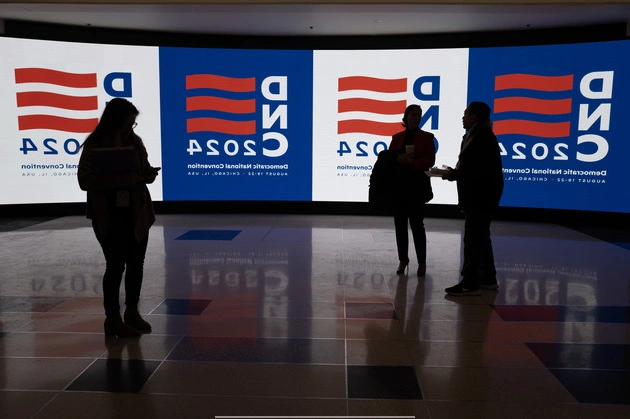
The Treasury Department and the White House have reached an agreement that restricts how the Department of Government Efficiency can access sensitive tax data at the Internal Revenue Service, according to two people close to the situation who were granted anonymity to discuss the issue.
One of the people described it as a memorandum of understanding that includes “all protections” and prevents DOGE from accessing individual taxpayer information.
Concerns and Legal Challenges
The prospect of DOGE accessing taxpayer records, which are closely guarded at the IRS, had set off major alarms from congressional Democrats. Unions and taxpayer advocacy groups have also launched a legal challenge, arguing that the Treasury Department is running afoul of various federal privacy and taxpayer confidentiality laws. Even some Republicans have raised concerns about DOGE’s access to sensitive information.
Treasury Secretary’s Defense
Treasury Secretary Scott Bessent has defended DOGE’s work at his agency, calling it a serious effort to improve the efficiency of its operation and stamp out fraud and waste. He has said that critics are attacking DOGE because it’s moving quickly to upend the status quo in Washington and threatens entrenched interests.
Agreement Details and Legal Battles
The agreement between the White House and Treasury over DOGE’s access to IRS data, first reported by the Washington Post, comes amid other ongoing legal fights over how tech mogul Elon Musk’s cost-cutting operation can access other Treasury databases of sensitive personal and financial information.
Bessent’s decision to allow DOGE team members to access Treasury’s payment system, which controls more than $5 trillion of federal payments each year, in the early days of the administration also sparked a separate wave of intense backlash.
Court Orders and Personnel Changes
Treasury is currently blocked by a sweeping order from a federal judge in Manhattan from allowing any DOGE employees and most political appointees from accessing the payment system. A separate order by a federal judge in Washington also limits who can access it. The Trump administration is fighting in court to remove those restrictions, which Republicans and the White House have blasted as judicial overreach into their ability to run the government.
Spokespeople for the White House and Treasury Department did not immediately respond to requests for comment.
In court filings related to the Washington case, the Treasury Department said earlier on Thursday that the agency is adding an additional person to the DOGE team scrutinizing the federal payments system as well as two unidentified staffers who will be focused on the IRS.
Changes Within the DOGE Team
Treasury said Ryan Wunderly will replace Marko Elez on the agency’s DOGE team. Elez examined the federal payments system housed at the Bureau of the Fiscal Service before he resigned from Treasury earlier this month after The Wall Street Journal surfaced racist social media posts.
John York, a senior counselor to Bessent, wrote in a sworn statement that Wunderly would take over Elez’s portfolio of responsibilities in reviewing the federal payments system. Wunderly will report to Tom Krause, the CEO of Cloud Software Group, who is leading Treasury’s DOGE team and is also Treasury’s acting fiscal assistant secretary overseeing the Bureau of the Fiscal Service.
IRS Workforce Reduction
The DOGE efforts at the IRS come as the Trump administration is moving to drastically reduce the size of the tax collection agency. The administration on Thursday began taking steps to fire more than 6,000 IRS workers, and the terminations were expected to hit the agency’s tax enforcement efforts the hardest.
National Economic Council Director Kevin Hassett defended the mass job cuts at the IRS during the White House press briefing on Thursday.
“Our objective is to make sure that the employees that we pay are being productive and effective,” he said. “There are many, many — more than 100,000 people working to collect taxes, and not all of them are fully occupied.”















